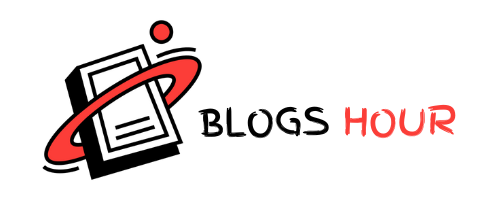Transforming public service delivery requires a holistic approach. A quality Government CRM platforms can give employees the tools they need to improve their work. A quality government CRM can offer robust communication features like email and SMS texting. It also allows for customized citizen portals and case management tools that keep citizens informed.
Streamlined Operations
A government CRM platform has robust features that allow agencies to streamline operations, provide better customer service, and improve their relationships with citizens. It helps government agencies connect with constituents and stakeholders through a single platform that collects data from various channels and analyzes it for insights. For example, it can centralize all user requests from different departments through a single database and automatically assign them to the appropriate department. Then, responses can follow a pre-defined validation workflow to ensure all necessary information is included in each message.
It can also help reduce operational costs and boost efficiency by streamlining communication and enhancing productivity. This is especially helpful when addressing citizen complaints or issues. Shorter procurement processes and improved project management help build public trust and cultivate a positive image for your agency.
Better Citizen Communication
Local government agencies face many complex tasks that must be executed promptly. They must streamline citizen requests, provide self-service options, and gather data to measure municipal performance and establish customer service standards. CRM for the public sector empowers teams to connect with citizens, stakeholders, and staff in a personalized way. Choose a system with customizable citizen portals allowing template integration and automated email and SMS campaigns. Visualize the entire case management pipeline through a dashboard to track progress, eliminate bottlenecks, and improve responsiveness.
Modern CRM platforms help governments improve the quality of their services by allowing them to identify and resolve issues quickly. For example, rule-based automation can automatically turn a citizen submission into a work order routed to the proper department and updated with email and text notifications.

Robust Data Security
Government CRM platforms handle a lot of information, and it is crucial that the software can be trusted to protect data and privacy. Look for features that prioritize cybersecurity and include cyber training and robust network infrastructure. Keeping track of citizen data can be challenging, especially when many departments must maintain a large database with varying information about each individual. Look for a system that stores contact data in one place and allows centralized management of service request statuses, responses, and documentation.
Improved case management can also help your agency better track and resolve citizen requests by reducing bottlenecks in internal processes. Choose a solution with visual pipelines to identify issues and ensure all stakeholders know current case statuses. Safeguard sensitive data about citizens, stakeholders, and staff with powerful protection settings that can control login and visibility, recognize suspicious devices, and enforce logouts.
Self-Service Options
Citizens want to connect with their local government but often need better service delivery. This is normally due to a need for more transparency and communication between citizens and their municipalities.
With a CRM program, governments can streamline their processes and provide self-service options for citizens. This allows them to create a more connected relationship with their citizens and build stronger trust.
A CRM can also help with various other issues facing public service entities. Long procurement processes are often a bane to many agencies but can be managed using a CRM that helps streamline communication and keep everyone updated. A CRM can provide citizens with a more transparent 311 experience or a knowledge base for common questions they might have.
Automated Workflows
Workflow automation is a tool that takes redundant tasks off of an employee’s to-do list and lets them fill those hours with more mentally stimulating, challenging projects. This allows employees to focus on the important work that makes them passionate, which in turn can improve employee retention and productivity.
A key component of a successful CRM program is the ability to automate as many processes as possible. This allows teams to save time and reduce error-prone manual tasks while allowing them to scale and deliver on their promises to citizens. One example of an automated process is a public knowledge base. This will enable residents to find answers to their questions without downloading a new app, making a call, or visiting the department in person.

